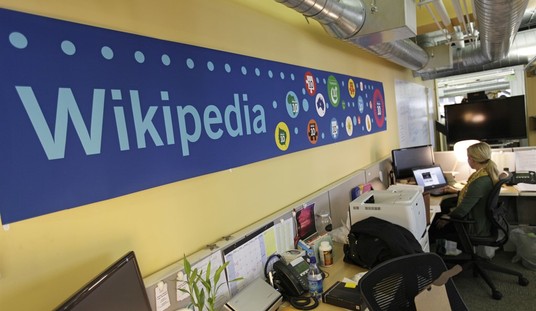JERUSALEM – Benjamin Netanyahu addressed the final plenary session of the Presidential Conference, Tomorrow 2013, initially to heckling from a few attendees. Netanyahu smiled and addressed President Shimon Peres: “Shimon, you can see an exemplary democracy!” The catcalls stopped when it became apparent that Netanyahu would pay no further attention to interruptions.
Netanyahu, speaking in Hebrew, hit on familiar themes of strength, saying at one point that he will not risk the security of the people of Israel. “Therefore, when we talk about tomorrow,” Netanyahu said, “we mean peace, prosperity, and [a strong Israel].” Netanyahu then switched to English to be more specific. “There is a struggle between medievalism and modernity,” he said, “and it’s not certain who will win” in the region.
“Israel must remain strong,” he continued, saying that the biggest threat is that the worst weapons fall into the hands of the worst regimes. Netanyahu then spent time speaking directly on Iran and its pursuit of nuclear weapons. Tehran, Netanyahu said, was using a “talk and enrich” strategy to eventually gain nukes. The critical test is “not what they say, but what they do.” Netanyahu demanded that Iran stop their enrichment, surrender their fissile material, and shut down the reactors. “Keep up the pressure!” Netanyahu advised the West.
On prosperity, Netanyahu declared that Israel was no longer a developing nation, but now a member of the ranks of developed nations. He called for more pro-growth policies, stating that Israel needed to sustain a 4-5% growth rate in order to compete in the global markets. He also spoke of opening new markets in China for Israel, especially in the tech industries. The leaders of Poland and Colombia were, along with China, interested in three things — “Israeli technology, Israeli technology, Israeli technology.
That brought up the newest technology in Israel — natural gas. “It turns out that Moses wasn’t such a bad navigator after all!” Netanyahu joked, and pledged that Israel will become an exporter of natural gas. “We will not make the mistake of other nations,” Netanyahu said, who tried to keep their oil and gas reserves for domestic consumption and never developed their resources fully as a result.
The third goal on Netanyahu’s agenda was settling the conflict with the Palestinians. “I want to achieve peace,” Netanyahu declared. “We’re ready to start negotiations now, without preconditions,” he continued, “and I hope the Palestinian leadership will be too.” But why have six Prime Ministers been unable to achieve peace since Oslo? The conflict predates the 1967 war by “almost half a century,” and was the attempt to snuff out a Jewish state before it could get created. Palestinian society consists of two halves, Netanyahu said — the first half wants to wipe out the Jewish state, and the other half refuses to stand up to the first half.
The heart of the matter, Netanyahu declared, was the willingness of Israel’s neighbors to accept the reality of the Jewish state. “That’s the tomorrow I wish for, that Shimon Peres hopes for, that everyone here hopes for.” He finished by saying that he hopes that Israel’s neighbors pray for peace as well.








Join the conversation as a VIP Member